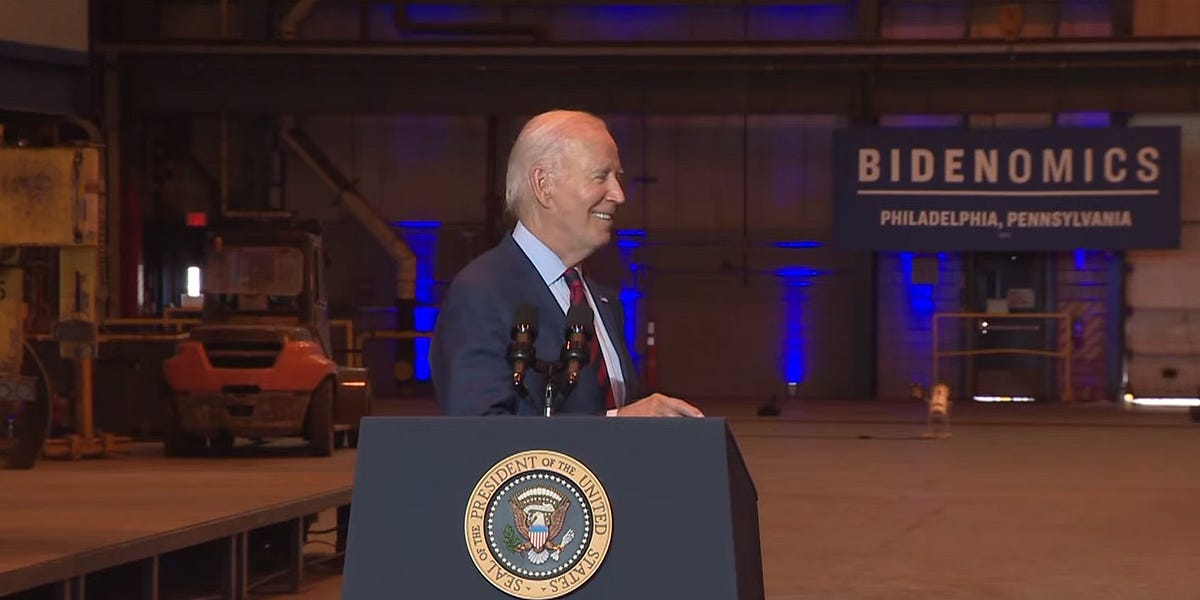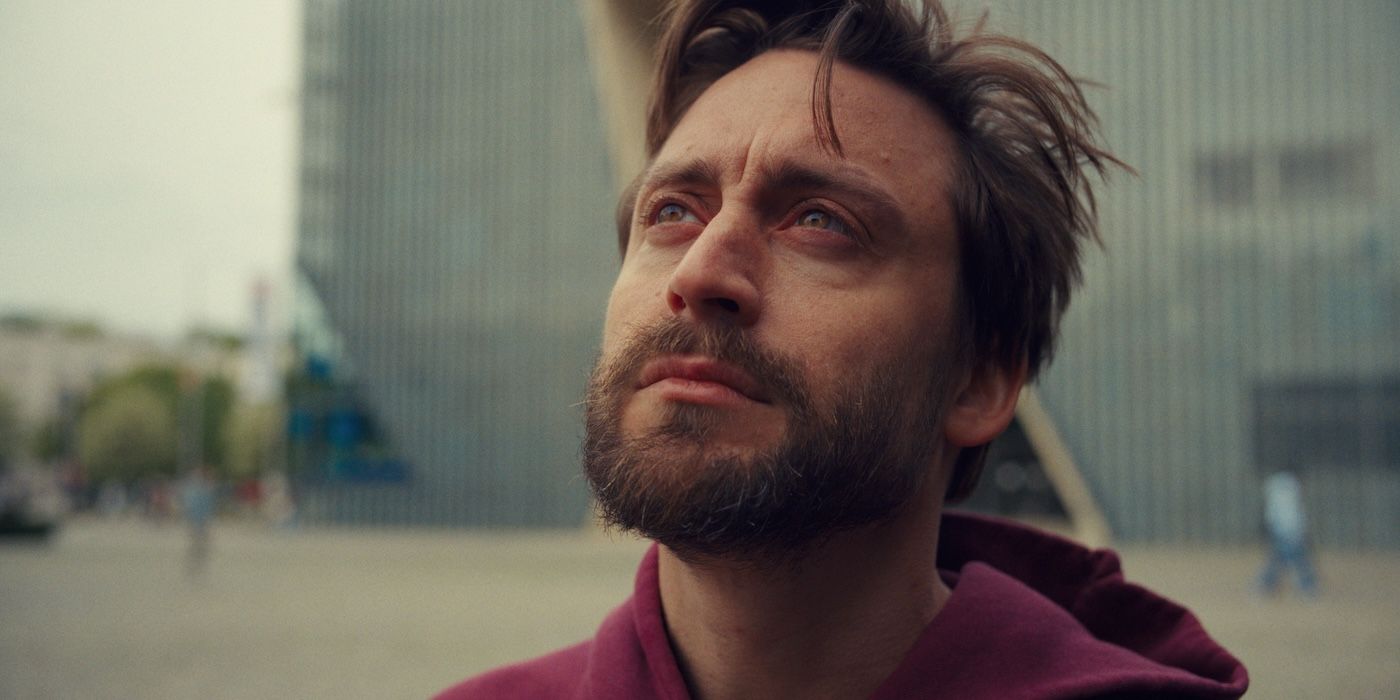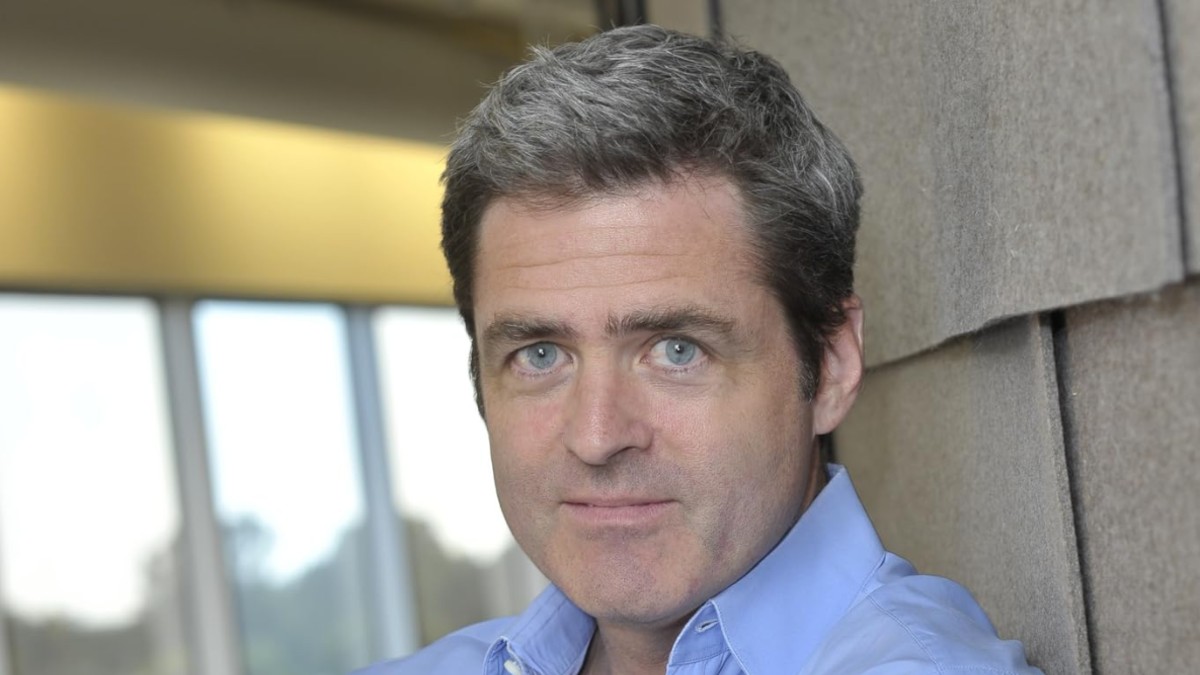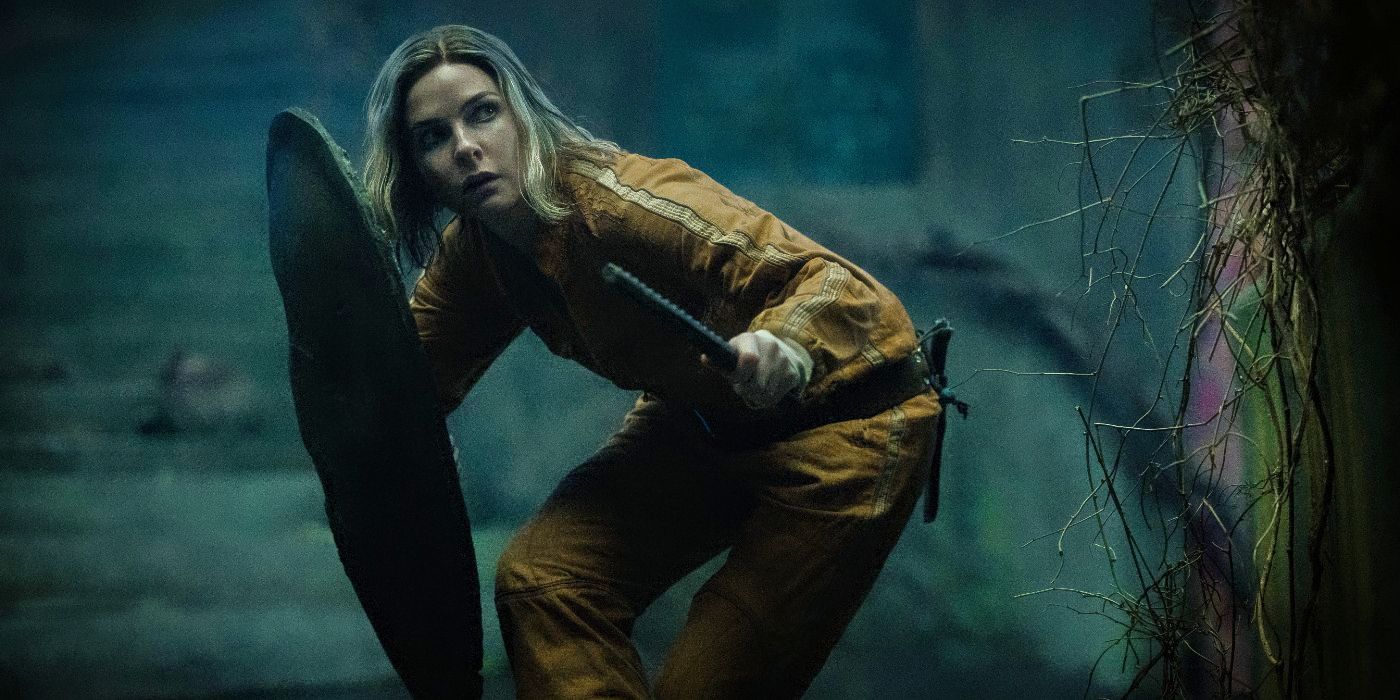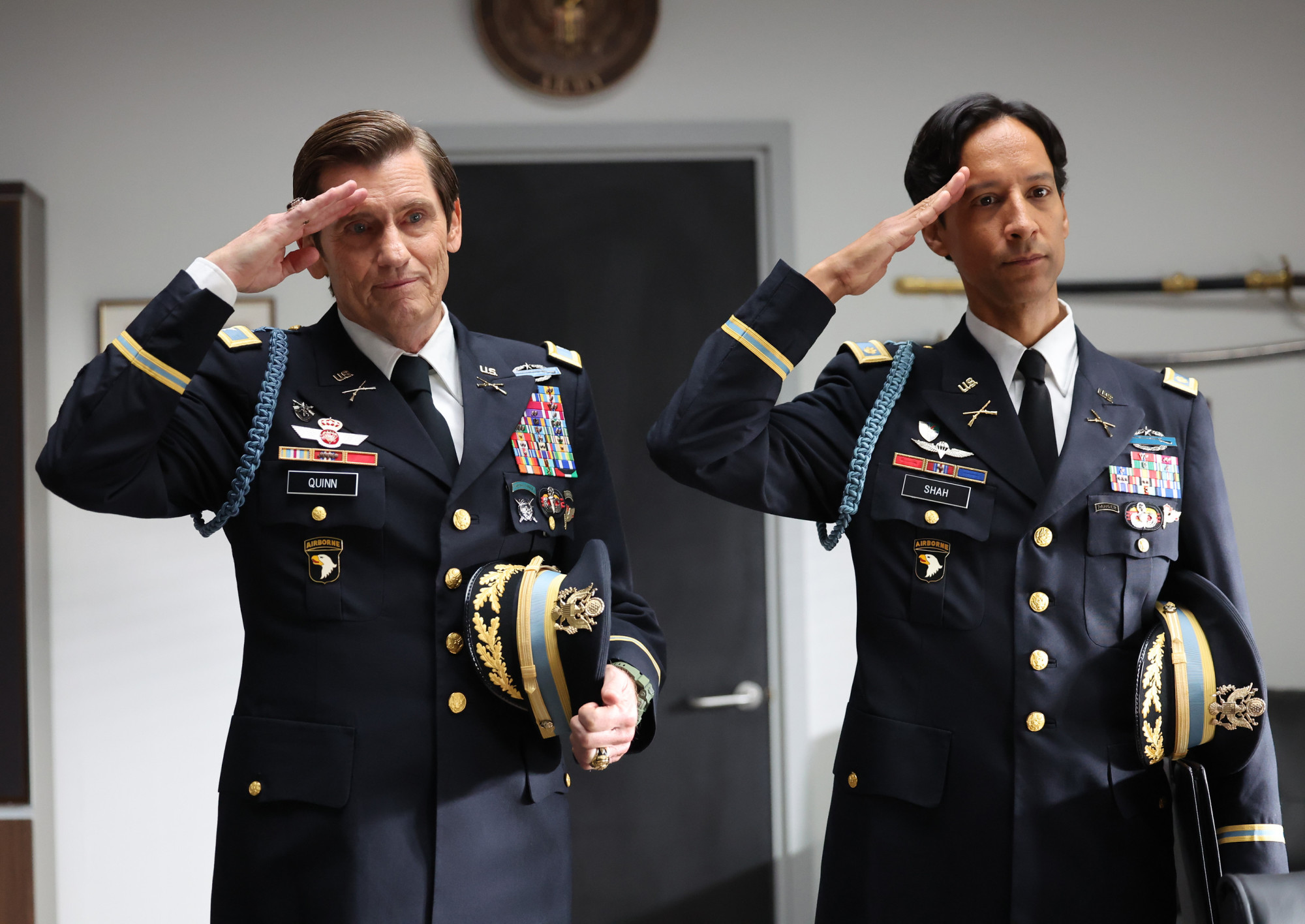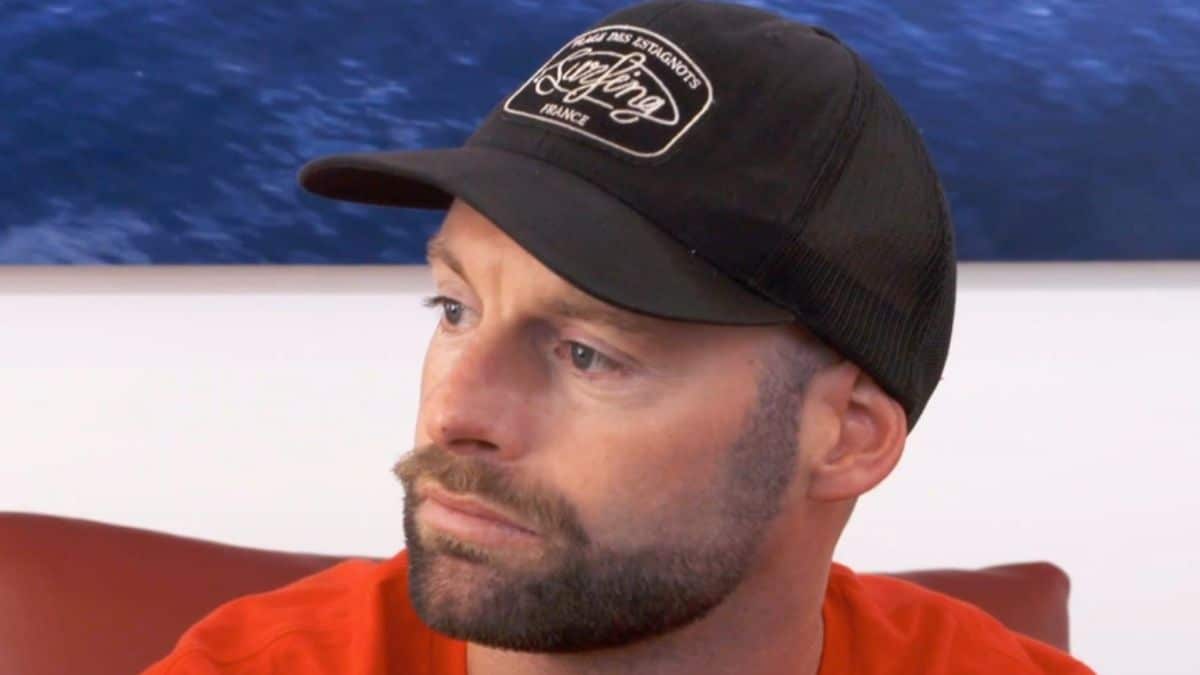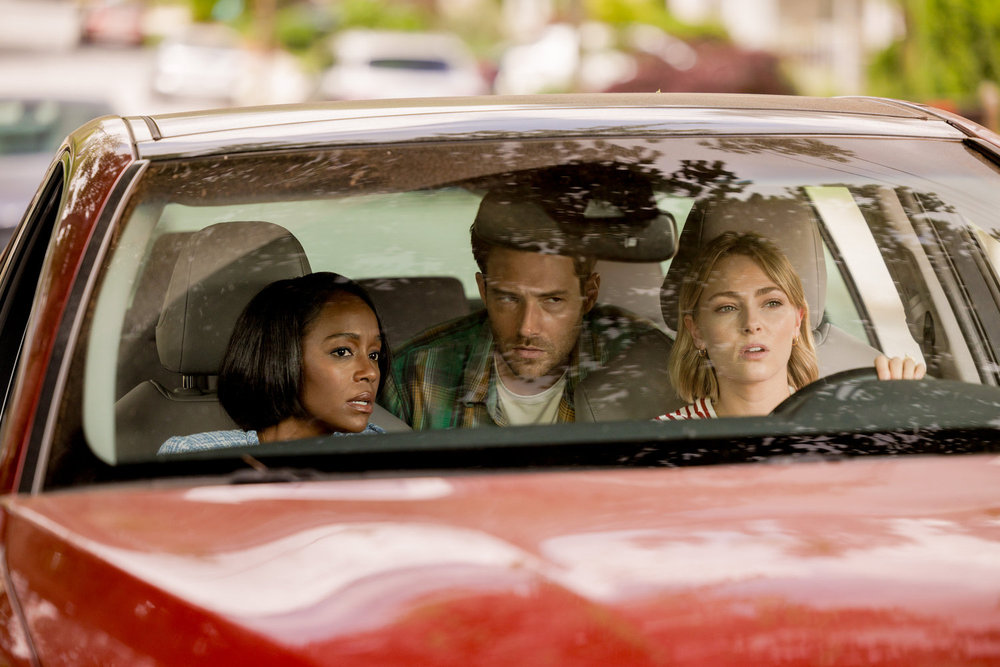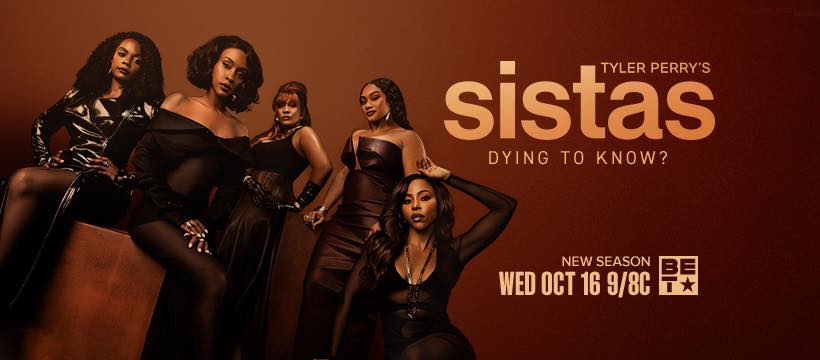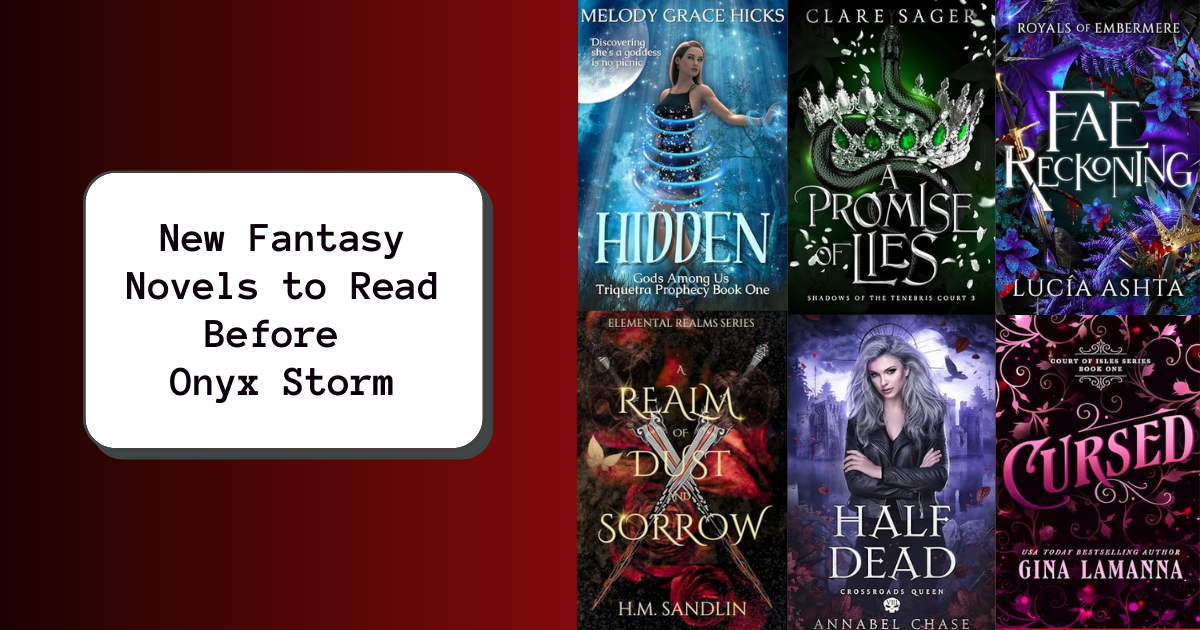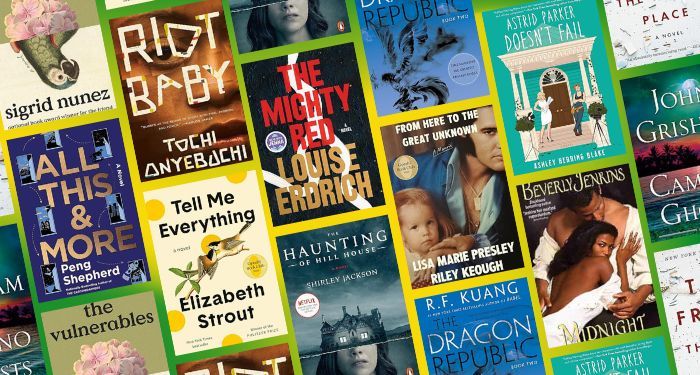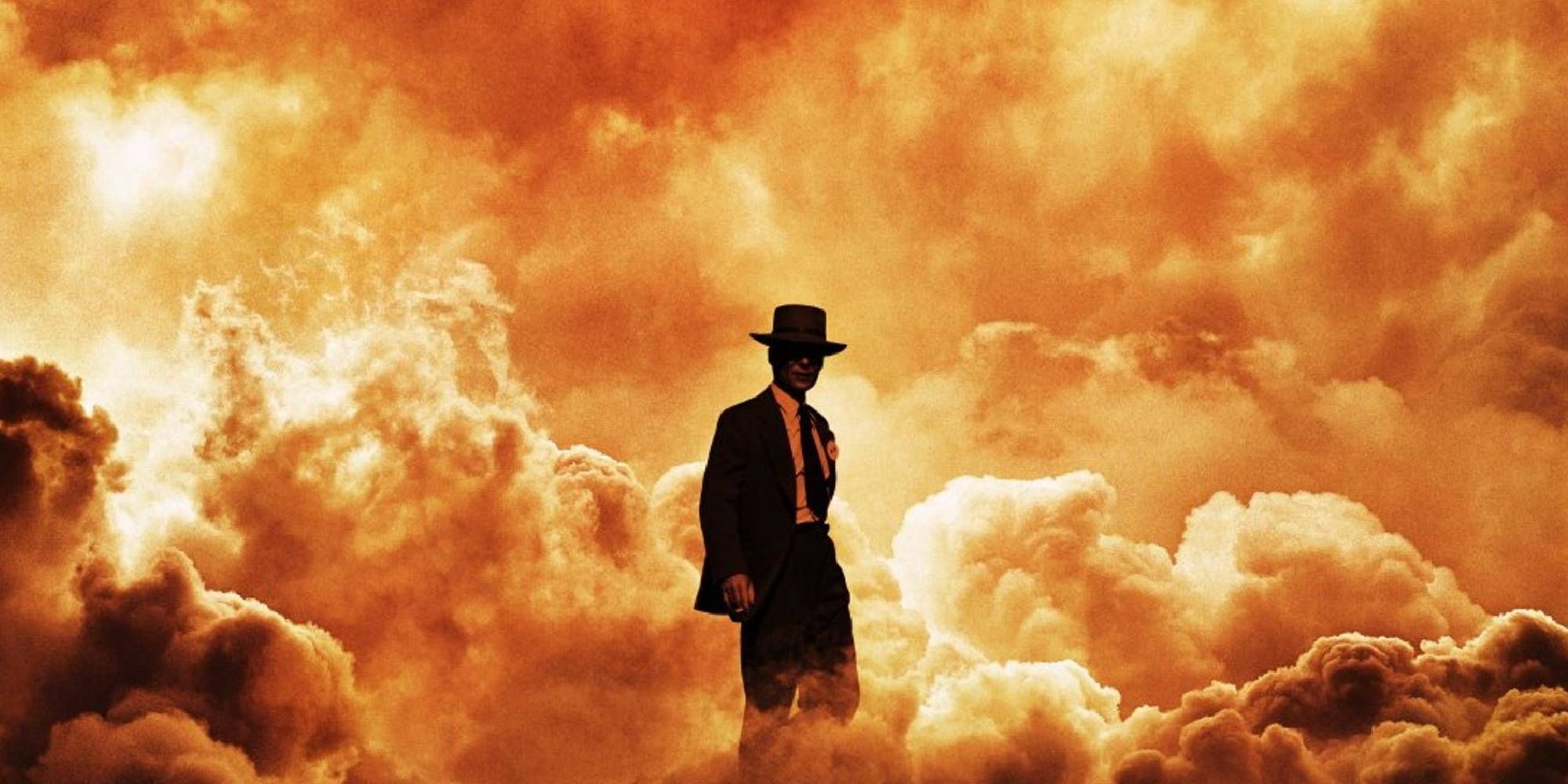Movies about historical figures offer powerful insights into the people who shaped history, providing viewers with engaging narratives that explore their achievements, challenges, and legacies. These movies do not only offer entertainment but also the human aspects behind monumental events. From iconic leaders and revolutionaries to artists and scientists, these stories bring history to life in ways that resonate across time.
This list of essential movies about historical figures spans a wide range of genres and periods, each capturing the essence of their subjects in unique ways. Whether it’s Oskar Schindler‘s heroic efforts during the Holocaust in Schindler’s List, Malcolm X‘s inspiring fight for civil rights, or T.E. Lawrence‘s daring adventures in the Arabian desert, these stories present unforgettable portrayals of influential figures.
10 ‘Schindler’s List’ (1994)
Directed by Steven Spielberg
Schindler’s List follows the true story of Oskar Schindler (Liam Nesson), a German businessman who initially profits by employing Jewish workers in his factory during World War II in Germany-occupied Poland. However, Schindler’s motivations change as he learns of the horrors Jewish people go through during the ongoing Holocaust. He uses his wealth and influence to save over a thousand Jewish people from being sent to death camps by bribing Nazi officials and declaring them essential workers.
Schindler’s List chronicles Schindler’s moral transformation from an opportunist to a humanitarian during one of the darkest periods in human history, which sets the movie apart as its main character starts as a flawed person, then evolves into an unlikely hero. The movie doesn’t shy away from offering a realistic depiction of the Holocaust and the atrocities the Nazi Party put Jewish people through. Nesson gives an excellent, emotionally charged performance, for which he was nominated for a Best Actor Academy Award.
9 ‘Selma’ (2014)
Directed by Ava DuVernay
Selma follows Dr. Martin Luther King Jr. (David Oyelowo) during his 1965 campaign to secure equal voting rights for African Americans. The movie focuses on the pivotal marches from Selma to Montgomery marches in Alabama, which were a turning point in the civil rights movement. The protesters, led by King, marched peacefully to demand justice and equality, yet they faced violent opposition from law enforcement. The activists’ efforts, along with the national outrage over the violent reaction by the police, pressured President Lyndon B. Johnson (Tom Wilkinson) to pass the Voting Rights Act of 1965.
Selma is a powerful portrayal of Dr. Martin Luther King Jr. and the pivotal Selma to Montgomery marches in the fight for civil rights in the United States. The movie effectively captures King’s passion to realize voting rights for African Americans. Director Ava DuVernay, one of the best female directors, doesn’t shy away from showing the brutal violence police subjected peaceful activists demanding their rights to.
8 ‘The Last King of Scotland’ (2006)
Directed by Kevin Macdonald
The Last King of Scotland depicts the dictatorship of Ugandan dictator Idi Amin (Forest Whitaker) in the 1970s through the perspective of the fictional Nicholas Garrigan (James McAvoy), a young Scottish doctor who becomes the personal physician to the dictator. Garrigan is initially drawn into the dictator’s inner circle, enjoying wealth and power. However, he soon witnesses the brutal reality of Amin’s regime, including mass killings and human rights abuses.
The Last King of Scotland offers an intense portrayal of the Ugandan dictator’s complex personality and the grim reality of his regime during the 1970s. Whitaker’s performance captured the dictator’s volatile mix of charm and violence, reflecting how Amin rose to power. The performance won Whitaker an Oscar for Best Actor. The character of Garrigan shows that wealth and power can be morally corrupting, even if they come at the expense of other people, and that it is up to the receiver to make the morally right decision.
7 ‘Hidden Figures’ (2016)
Directed by Theodore Melfi
Hidden Figures tells the true story of three African American women, Katherine Johnson (Taraji P. Henson), Dorothy Vaughan (Octavia Spencer), and Mary Jackson (Janelle Monáe), whose work at NASA during the 1960s was pivotal to the early space program yet faced racial and gender discrimination. The movie centers on Katherine’s expertise in complex calculations, Dorothy’s pioneering work with computer programming, and Mary Jackson’s efforts to become NASA’s first black female engineer. Katherine Johnson’s calculations were pivotal for John Glenn’s orbital flight, while Dorothy Vaughan and Mary Jackson broke barriers in programming and engineering.
Hidden Figures is an inspiring story about three inspiring women who broke all societal boundaries and overcame racial and gender discrimination to leave their mark on history. Hidden Figures focuses on three unsung heroes who were not very well-known by the general public and most people haven’t heard about their work, despite how important it is. The movie discusses the intersection of race and gender, and how African American women face unique challenges due to this intersection.
6 ‘Ivan the Terrible, Part II’ (1958)
Directed by Sergei Eisenstein
Ivan the Terrible, Part II is a Soviet movie that chronicles Tsar Ivan IV (Nikolay Cherkasov) of Russia’s life after he ascended to the throne. Ivan has to deal with the boyars who are challenging his authority and plotting to assassinate him to crown his cousin, Vladimir (Pavel Kadochnikov), as Tsar instead. In order to deal with all his issues, Ivan increasingly relies on a loyal, yet violent, state police known as the Oprichnina.
Ivan the Terrible, Part II
is notable for its political allegory of Stalin’s reign in the Soviet Union at the time of its making
Ivan the Terrible, Part II depicts Tsar Ivan IV’s transformation into one of Russia’s most feared rulers through a dramatic and psychological exploration of Ivan’s reign during a critical period of Russian history. It is one of the best movies directed by the pioneering Soviet director Sergei Eisenstein. Ivan the Terrible, Part II is notable for its political allegory of Stalin’s reign in the Soviet Union at the time of its making. This allegory led to the movie’s release being delayed for 14 years and to Eisenstein never finishing the intended third movie of his Ivan the Terrible trilogy.
5 ‘Amadeus’ (1984)
Directed by Miloš Forman
Amadeus revolves around the rivalry between composers Antonio Salieri (F. Murray Abraham) and Wolfgang Amadeus Mozart (Tom Hulce). The movie is told through the perspective of Salieri, who grew up idolizing Mozart but starts resenting him when they meet, as he feels that God wasted such a great talent on somebody as vulgar as Mozart instead of the devout Salieri, who appears mediocre in comparison to Mozart. As his jealousy grows, Salieri denounces God and vows to destroy him alongside Mozart.
Amadeus takes liberties with historical accuracy, but it presents a unique exploration of envy, genius, and the price of artistic brilliance, which made it win the Academy Award for Best Picture. Amadeus blends history with psychological drama, exploring themes of inadequacy, mediocrity, unfulfilled ambition, and the complex nature of creative brilliance. The movie’s psychological depth, unforgettable performances, and examination of the dark side of genius make it a necessary watch.
4 ‘Malcolm X’ (1992)
Directed by Spike Lee
Malcolm X chronicles the life of Malcolm X (Denzel Washington), from his troubled youth as a small-time criminal to his transformation into a powerful civil rights leader and his eventual assassination in 1965. While serving prison time, Malcolm converts to Islam and becomes a prominent voice for the Nation of Islam, advocating for Black empowerment. As his influence grows and after his pilgrimage to Mecca, Malcolm begins to question the Nation’s leadership and eventually breaks away to pursue more inclusive activism.
Malcolm X is a powerful portrayal of one of the most influential and complex figures in the American civil rights movement, showing his complex transformation. Washington embodies Malcolm’s charisma, intensity, and the ideological evolution he undergoes throughout his life, in an amazing performance. Malcolm X is not only a portrayal of one of the most important figures in the civil rights movement, it is also a study of personal growth and social impact.
3 ‘Oppenheimer’ (2023)
Directed by Christopher Nolan
Oppenheimer is a biopic thriller that follows the life of J. Robert Oppenheimer (Cillian Murphy), the physicist who led the development of the atomic bomb during World War II as part of the Manhattan Project. The movie explores Oppenheimer’s character, focusing on his scientific achievements and the moral dilemmas he faced in creating a weapon of mass destruction. The movie focuses on Oppenheimer’s guilt as the bomb’s impact becomes clear, and the bomb’s influence on expanding the nuclear age.
One of the best movies of the 2020s so far, Oppenheimer captures its titular character’s monumental scientific achievements but also the profound moral and ethical dilemmas that come with them. The movie explores the external and internal obstacles Oppenheimer faces. Oppenheimer also asks questions regarding the responsibilities of scientists and the moral implications of their work. Murphy gives a spectacular performance as a man celebrated as a genius yet haunted by the consequences of his creation.
2 ‘Ivan the Terrible, Part I’ (1945)
Directed by Sergei Eisenstein
Ivan the Terrible, Part I depicts the rise of Ivan IV as the first Tsar of Russia. The movie begins with Ivan’s coronation and his efforts to unify Russia and reclaim lost Russian territory. However, during his quest, he faces challenges such as opposition from the boyars who plot against him, and the betrayal of traitors whom he once trusted. The movie depicts the early stages of Ivan’s descent into isolation and paranoia, which would eventually turn him into the cruel ruler he was.
Ivan the Terrible, Part I
blends historical drama and psychological complexity to present the historical events while exploring Ivan’s internal conflict during them.
Ivan the Terrible, Part I captures the early reign of Ivan as he navigates political intrigue, opposition from the boyars, and the pressures of consolidating power. Ivan the Terrible, Part I blends historical drama and psychological complexity to present the historical events while exploring Ivan’s internal conflict during them. The movie pairs greatly with Ivan the Terrible, Part II as together they show Ivan’s transformation from an idealistic ruler to a more isolated, paranoid and cruel leader.
1 ‘Lawrence of Arabia’ (1962)
Directed by David Lean
Lawrence of Arabia follows T.E. Lawrence (Peter O’Toole), a British officer during World War I, who becomes deeply involved in the Arab Revolt against the Ottoman Empire led by Prince Faisal (Alec Guinness), after he is sent to assess and report the situation in the region. Against official orders, Lawrence advises Faisal to supply men and puts a strategy for a surprise attack on Aqaba. Lawrence continues to unite different Arab tribes to join the revolt.
Lawrence of Arabia highlights Lawrence’s strategic brilliance, charismatic leadership, and the profound personal and political challenges he faced. It also explores themes of identity and tackles the moral ambiguities of his mission. Lawrence of Arabia portrays its titular character as a deeply flawed individual with inner conflicts rather than an idealistic hero. The cinematography of the sweeping desert landscapes and the grand battle scenes are also highlights of the movie. The great performances, especially of O’Toole, enhance Lawrence of Arabia greatly.








